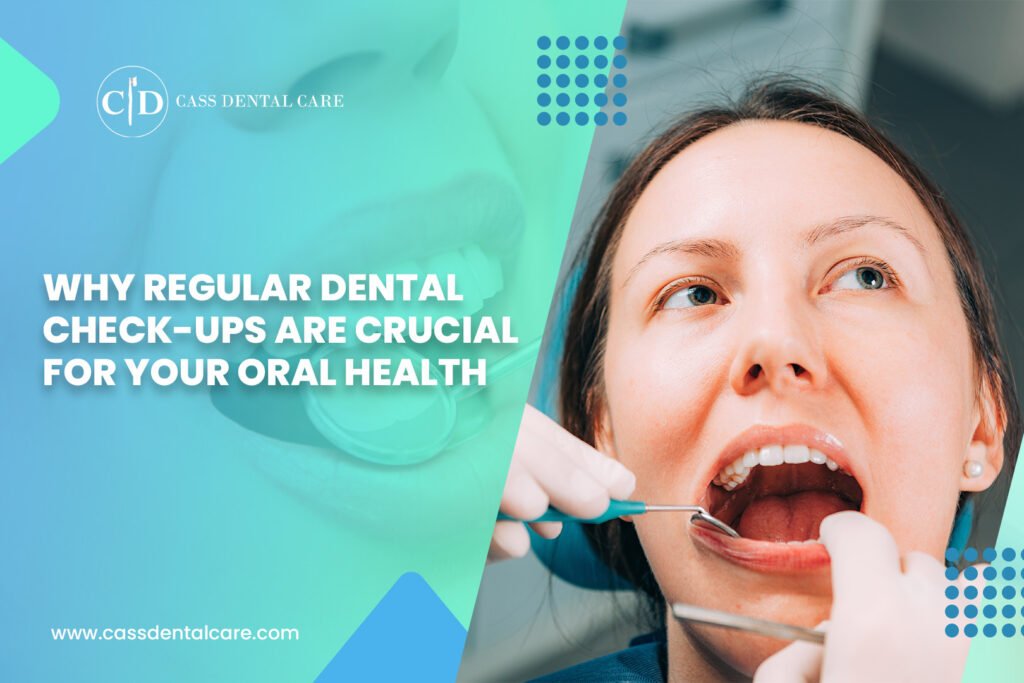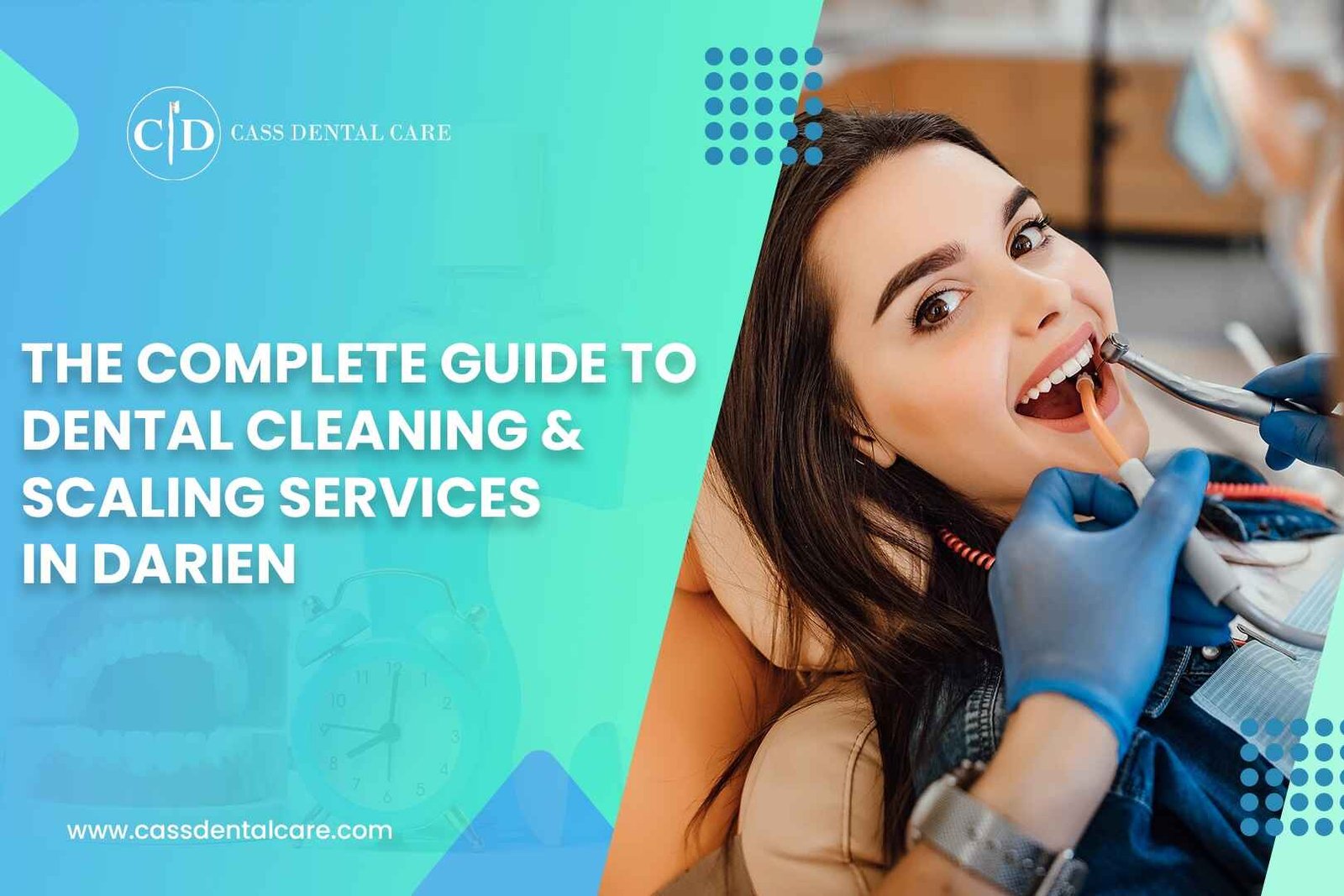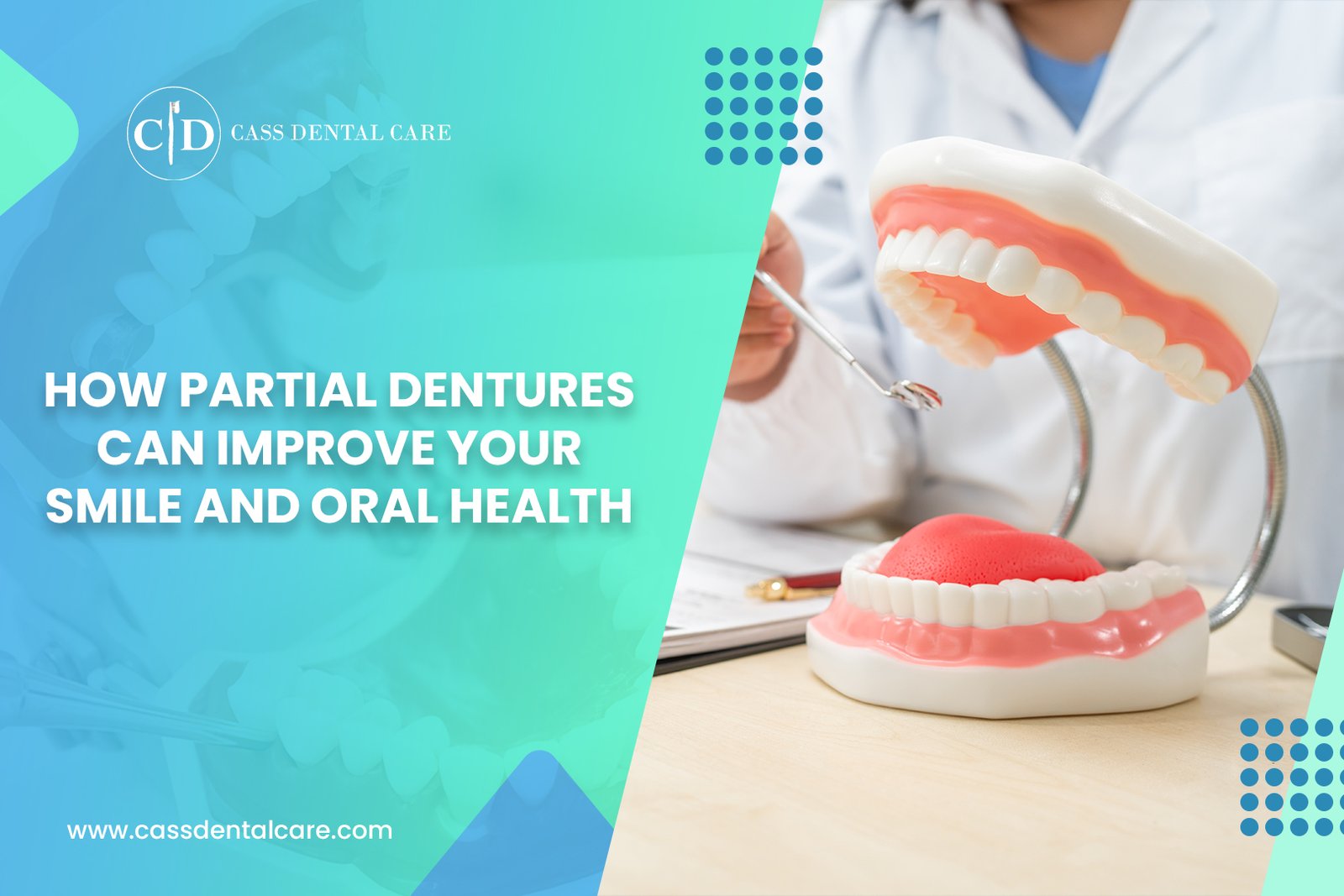Dentures have been a trusted option for those missing teeth for many years, helping them regain chewing power and self-esteem. Dentures also ease eating, speaking, and smiling, significantly enhancing their quality of life. However, like any other dental appliance, dentures come with their own set of challenges. Many denture wearers experience sore spots, difficulty eating, and speech problems, which can be frustrating and impact their daily lives.
The primary goal of this blog is to educate readers on the top 10 common problems associated with dentures and, more importantly, provide practical solutions to overcome these issues. Whether you’re a denture newbie or a seasoned veteran, this guide will help you address and solve the most common denture-related problems, ensuring a more comfortable and enjoyable experience.
Sore Spots and Irritation
Problem
One of the most prevalent complaints from people who wear dentures is that they experience uncomfortable places and discomfort in the mouth. Dentures that don’t fit correctly, brand-new dentures to which your mouth hasn’t acclimated, or even little changes in gum and bone structure over time may all contribute to these discomforts. Wearing dentures comfortably may be challenging because of the frequent friction and pressure that can cause sore areas and inflammation. Or for more help, you can check out our blog on best ways to wear dentures.
Solution
If you have uncomfortable places in your dentures, the solution is to have them adjusted by a professional. See your dentist often to avoid further discomfort and ensure your dentures fit properly.
Applying high-quality denture glue may help maintain dentures, minimizing movement and friction that can lead to painful places. The cushioning effect may subside the discomfort.
Difficulty Eating
Problem
Eating with dentures may be a real challenge for many people, particularly in the initial days. Because dentures change your bite and chewing pattern, eating the foods you love could be challenging. Some common problems with dentures include weak biting strength and coordination, food becoming stuck beneath the prosthetics, and trouble eating sticky or hard meals.
Solution
Avoid nuts, caramel, meats, and anything sticky or chewy to keep eating as painless as possible. Your complete dentures may become loose or move when eating certain foods, which might irritate your gums and other oral tissues.
To keep dentures from falling out or becoming unstable, practice chewing gently and evenly on both sides of your mouth. Making food more straightforward to handle also involves cutting it into smaller, more manageable pieces.
Poor Fit
Problem
Dentures that don’t fit properly may cause much pain and trouble. Your gums and bone structure might change over time, leading to dentures that don’t fit properly. This may cause pain, including slippage and clicking sounds while you eat or speak. Sore places and trouble speaking may result from a poorly fitting denture.
Solution
It is essential to maintain frequent dental checkups and adjustments for your dentures. Dentures that are not adjusted regularly to maintain a proper fit may cause pain or slippage.
With high-quality denture glue, your dentures will fit snugly and stay put. This might help you feel more at ease and confident while eating and conversing.
Speech Difficulties
Problem
Dentures, mainly when worn for the first time, may significantly affect pronouncing words. Slurred or lisped speech may result from difficulty articulating specific sounds caused by an object in the mouth. When you talk, your dentures might slide about, making it even more challenging to pronounce things correctly.
Solution
The secret to conquering speech issues is to practice speaking more often. The best way to overcome anxiety while reading aloud is to speak slowly and repeat challenging phrases until you get the hang of it.
A secure pair of dentures may greatly improve one’s ability to speak. Denture adhesives help dentures stay in place, making it easier to speak clearly.
Bad Breath
Problem
Plaque and food debris stuck beneath dentures is a typical source of bad breath, a frequent complaint among people who wear dentures. Denture plaque, which may develop from improper cleaning, significantly contributes to foul breath and other oral health problems.
Solution
You must clean your dentures often and carefully. Wash them every day with a soft-bristle brush and a gentle cleanser to keep food and plaque off them.
Dentures may be kept fresh and germs-free by soaking them in a denture-washing solution overnight.
Try rinsing your mouth with an antimicrobial mouthwash after every meal for better dental hygiene and less foul breath.
Bone Loss
Problem
One potential side effect of denture wear is the gradual deterioration of jawbone density. Jawbone resorption and shrinkage may occur in the absence of natural teeth, which can impact the fit of dentures and even cause structural changes to your face.
Solution
`Keep tabs on your bone health and identify any early warning signals of bone loss by scheduling regular dental checkups. The best way to deal with this problem is to listen to your dentist’s advice.
Dental implants can stimulate the jawbone, which may stop bone loss. Implants may be a good choice, so talk to your dentist about it.
Maintaining good oral hygiene is essential for your gums and teeth health. Regular professional cleanings, flossing, and brushing help maintain good dental health and prevent further bone loss.
Denture Staining
Problem
A common issue with dentures is that they may get discolored from food and drink, much like natural teeth. Stains from meals, beverages, and coffee may make your dentures seem less realistic and unattractive.
Solution
Your dentures will last longer and look better if you cut out on stain-causing foods and drinks, including coffee, tea, red wine, and cigarettes.
The best way to keep your dentures clean is to soak them in a denture cleaning solution and brush them regularly with a nonabrasive cleaner. Seek expert dental cleaning if stains remain after regular brushing and flossing.
Slipping and Moving
Problem
People who wear dentures may experience pain and shame if they slide or move about too much. Improper fit, changes in the mouth over time, or inadequate adhesive use are common causes of this problem. When dentures are loose, they obstruct your airway and may lead to painful sores or inflammation in your mouth.
Solution
One solution is to use denture adhesives, which help keep dentures in place and prevent them from falling out. Carefully following the application directions and using a high-quality adhesive are paramount.
Dentures must be fitted correctly to provide optimal fit. If they are brand new, it may take some time for them to break in. But if they repeatedly come loose, a trip to the dentist for refitting or relining may be in order.
Regular dental exams are essential to ensure that dentures fit correctly. If the existing dentures no longer fit properly because of changes in the jawbone or gums, a dentist may advise you to get a new pair or make the required modifications.
Allergic Reactions
Problem
Some people are susceptible to the adhesives, acrylic, or metals used to hold dentures in place. You can feel a burning feeling, redness, swelling, or itching in your mouth as a symptom. Before discovering a treatment, you must determine what is causing the allergy.
Solution
Identify the allergen that’s making you sick. The dentist may use a method of elimination or allergy testing to do this.
After determining a patient’s allergy, the dentist may suggest safer denture materials or hypoallergenic options to help avoid allergic responses.
Regular checkups with your dentist are essential. They can evaluate the patient’s response to the new materials, make any necessary adjustments to the dentures, and provide advice on safe materials.
Difficulty Cleaning
Problem
Many people find that maintaining clean dentures is a challenge. The accumulation of germs, food debris, and plaque on dentures may cause foul breath, gum infections, and other problems with dental health. Inadequate care for dentures might also shorten their lives or even ruin them.
Solution
Denture cleaners that aren’t abrasive should be used in conjunction with a soft-bristle toothbrush to clean dentures regularly. Normal toothpaste is not recommended as a general rule since it is too abrasive.
For optimal denture hygiene, effervescent washing tablets or other denture-specific items are recommended. These solutions are great for getting rid of germs and stains.
If you have dentures, it’s essential to see your dentist often so they can clean them and remove tartar and plaque. You may also ask your dentist for specific recommendations on how and what to brush your teeth with.
Final Words!
If you care about your dental health and general wellness, you should have dentures that fit well and work properly. Proper cleaning, avoiding frequent problems like slippage or allergic reactions, and other typical denture care difficulties all call for your undivided attention and the advice of a dental specialist.
Wearing dentures may be much easier if you know what to look out for in terms of allergic reactions, use strong denture adhesives, and see your dentist often to ensure a good fit. By following the cleaning instructions and using the materials provided, you can maintain your dentures in pristine shape and your smile radiant.
Dental fittings, cleanings, and adjustments are only the beginning of what Cass Dental Care offers in terms of full-mouth care. By tailoring our services to each individual’s requirements, we strive to ensure that you’re completely at ease and satisfied. And that’s why we are one of the top and Best Denture Clinic in Darien according to our customers. Make an appointment for a consultation with us now to find out how we can assist you in your quest for optimal oral health.





